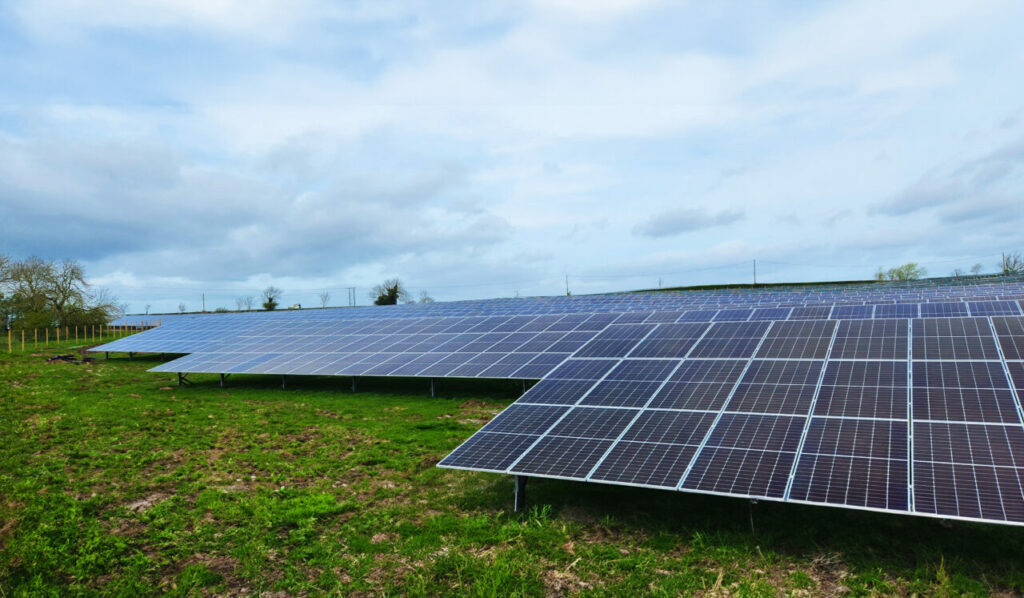
The Energy and Climate Intelligence Unit (ECIU) has called on the next government to support renewable energy, such as solar.
As the North Sea’s oil and gas output declines, the nation will become more reliant on imports over the next five years.
Renewable energy deployment, such as solar energy, can provide some of the cheapest energy on the market. Indeed, with North Sea output set to decline, the UK now has a unique opportunity to transition to a cleaner electricity system—something the government has set a 2035 target for.
According to the ECIU’s analysis, a UK-based climate think tank, the regulator, and the North Sea Transition Authority’s statistics show that new oil and gas licences “would do little to counter the rise of imported energy.”
As a result, the ECIU emphasised that a “combination of renewables, insulating homes so they need less energy to heat them, and switching from gas boilers to heat pumps and from petrol to electric cars can halt the rise of energy import dependence, maintaining or even boosting the UK’s current level of energy self-sufficiency”.
It is worth noting that the energy sector is one of the key focal points of the upcoming general election. Labour, which has emphasised its support for renewable energy via the creation of Great British Energy, will look to scale up projects shortly. On the other hand, the Conservatives have sent mixed signals with renewables, impacting investor confidence in the sector.
The ECIU appears to agree with Labour’s stance on reducing the country’s reliance on oil and gas. The organisation stated that if the new North Sea licences were to yield the maximum projected amount of oil and gas, without new clean technologies, the amount of energy we use that’s reliant on imports would be “25% higher in 2030 than today—energy security would be a quarter worse by that measure”.
Commenting on the findings, Dr Simon Cran-McGreehin, head of analysis at the ECIU, said: “The UK could be in reverse gear on energy security over the next five years. If you want more of the UK’s energy made in the UK, and as the North Sea continues its inevitable decline, British wind and solar energy make the biggest difference, doing the heavy lifting on British energy security.
“According to the regulator’s own figures, new North Sea oil and gas would make a marginal difference. Switching to renewables, electric heat pumps and insulating homes so they waste less energy will move us away from gas. Anyone who has paid an energy bill in the past two years knows the risks of being dependent on international gas markets, which largely dictate the price we pay here in the UK, and energy bills are set to rise again as we head into the winter.”
This article first appeared on our sister site Current±.

